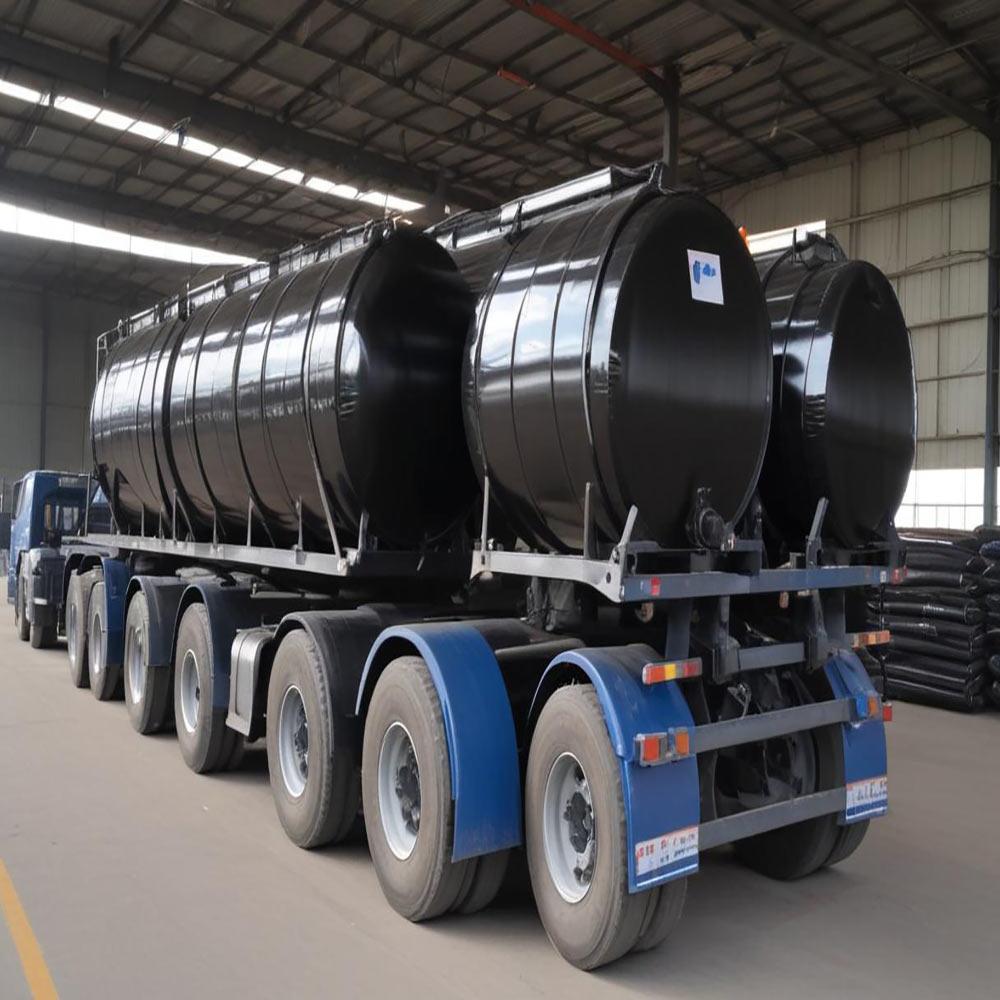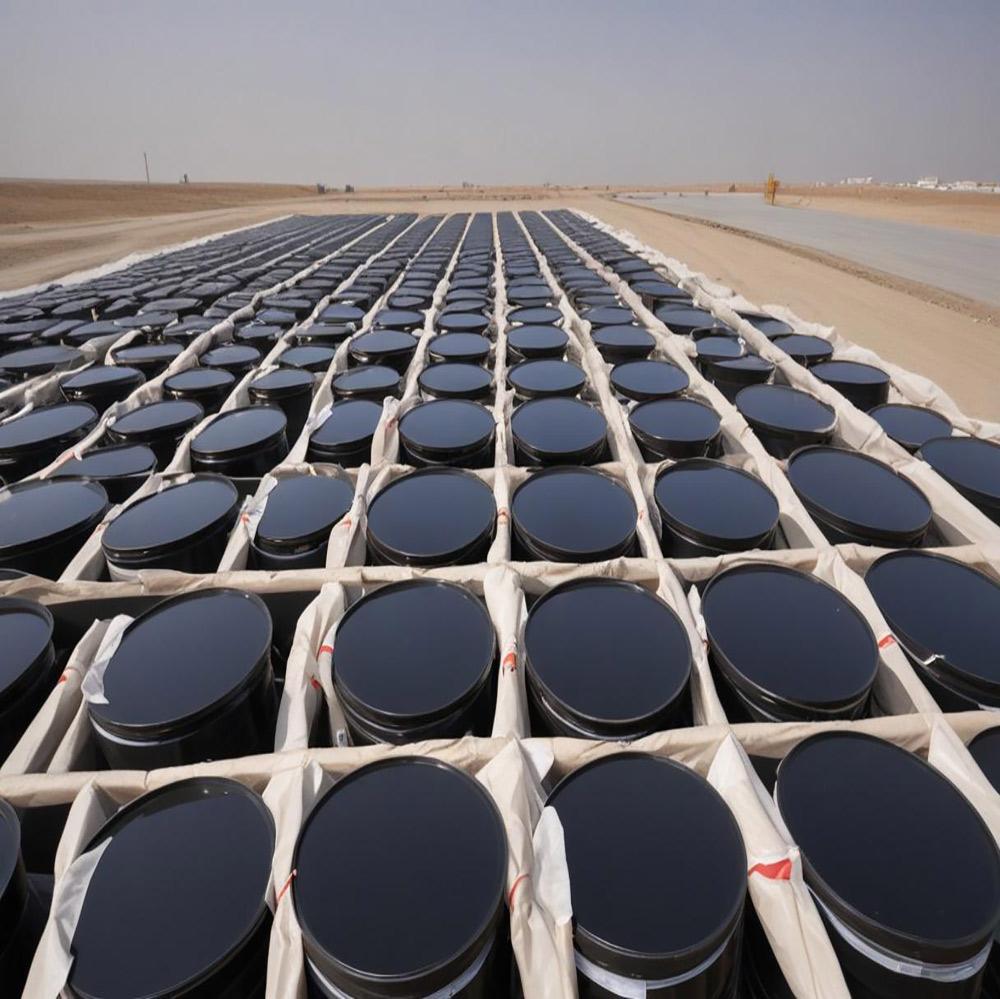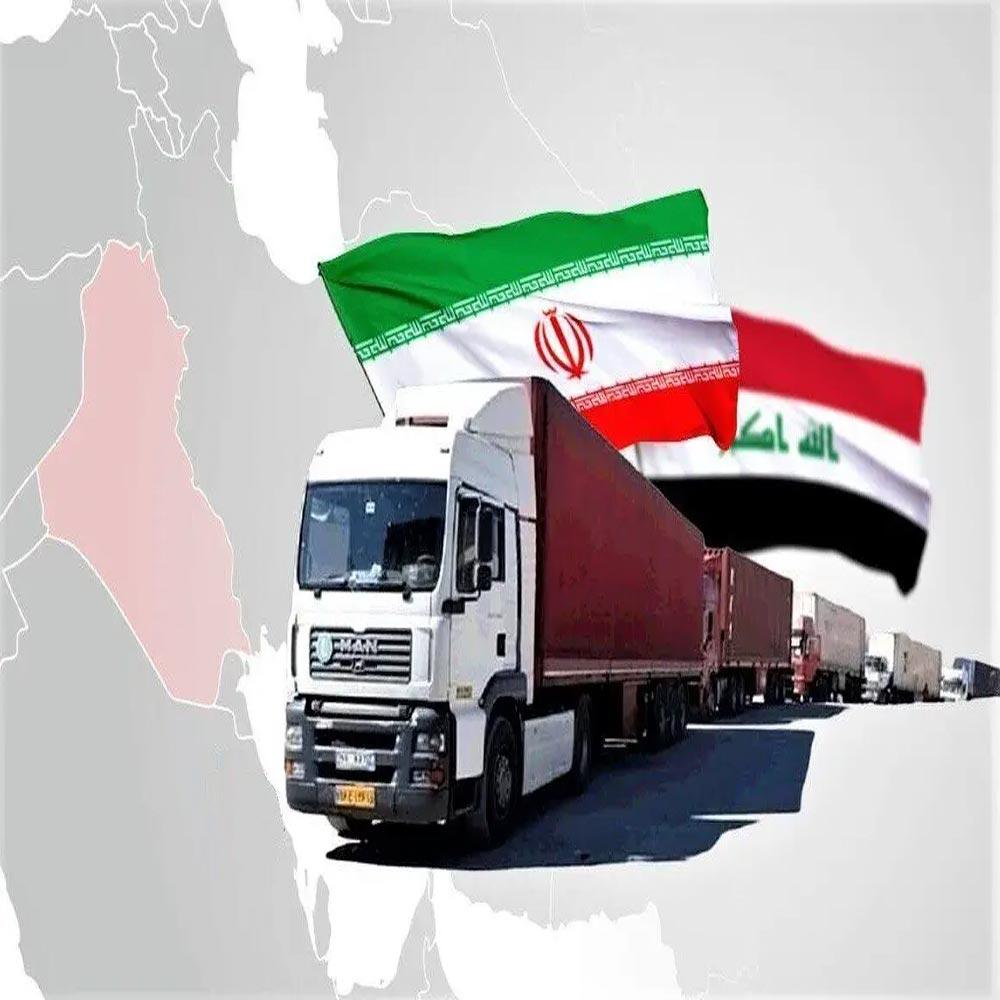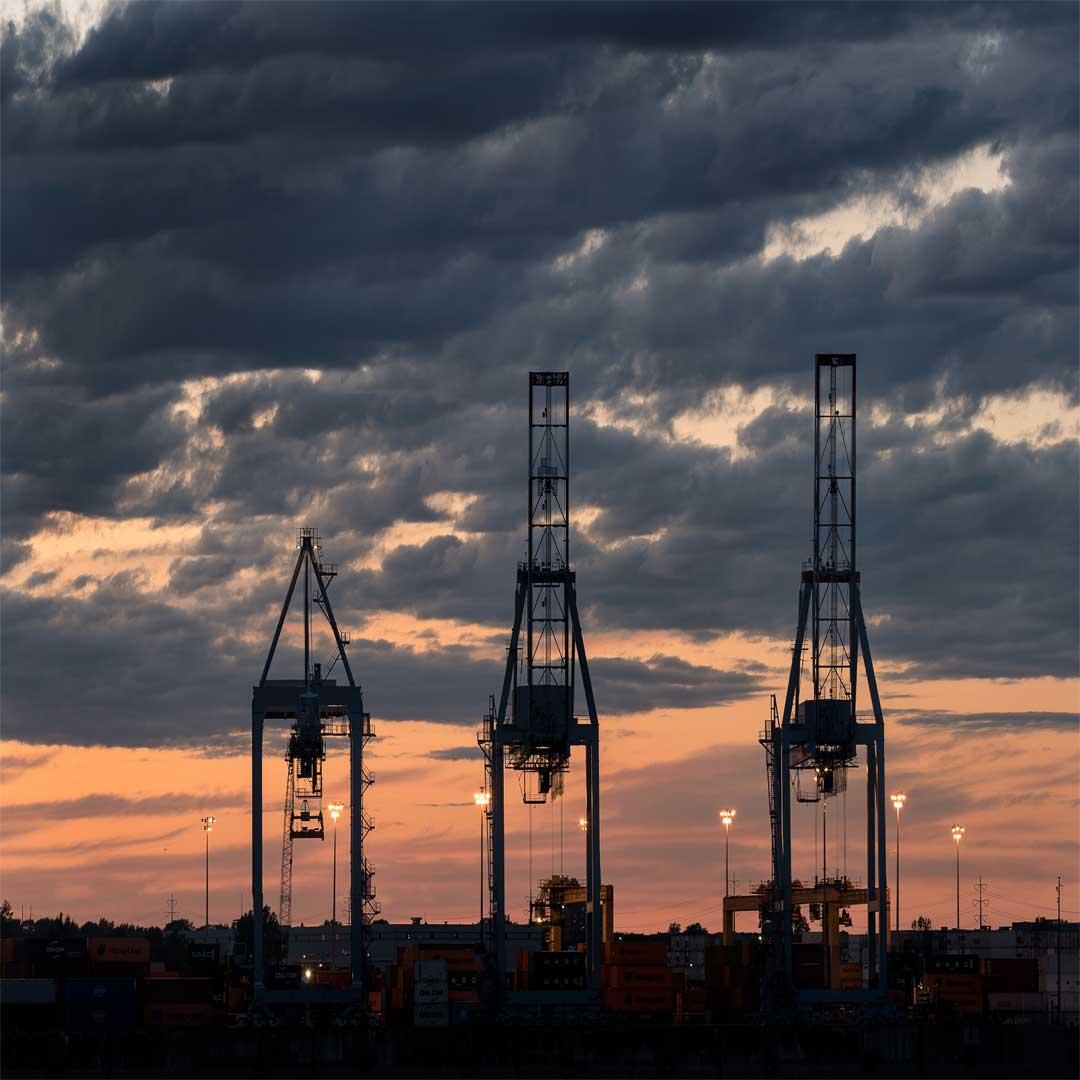Iran’s petrochemical and plastic exports to Iraq play a vital role in non-oil trade, driven by strong industrial demand...
Export of 2.5 million tons of bitumen in just 7 months
The Growing Impact of Iranian Bitumen Exports
A Global Perspective Iran has long been a significant player in the global bitumen market, and recent data underscores its expanding influence. Over the first seven months of the current year, Iran exported a staggering 2.5 million tons of bitumen, according to Seyyed Mohammad Hesamzadeh, the Deputy Director of the Non-Metal Industries Office at the Ministry of Industry, Mine, and Trade. This substantial figure is part of a broader trend, with 4.3 million tons of bitumen exported in the previous year, highlighting the vital role of this commodity in Iran's non-oil exports.

Key Markets for Iranian Bitumen
Iran's bitumen is predominantly exported to neighboring countries such as Pakistan, Iraq, and Dubai, as well as several African nations. These markets have become crucial for Iran’s economic stability, particularly in light of international sanctions that have limited the country’s access to other forms of trade. The proximity of these markets allows for reduced transportation costs, making Iranian bitumen a competitive option.
The Strategic Importance of Bitumen in Iran's Economy
Bitumen, a byproduct of oil refining, is one of Iran’s most important non-oil export commodities. It plays a significant role in the country’s economy, providing essential revenue streams that help stabilize the national economy. The bitumen industry in Iran is supported by a robust annual production capacity, estimated at 24 million tons based on operational licenses issued. However, production levels are currently between 5.5 to 6 million tons annually, indicating the potential for further growth if market conditions and production inputs align favorably.

Production Challenges and Market Competitiveness
One of the critical inputs for bitumen production is vacuum bottom (VB), a heavy residue from the distillation of crude oil. The supply and pricing of this feedstock are crucial factors in determining the profitability and competitiveness of Iranian bitumen on the global stage. As Hesamzadeh emphasized, it is essential that the supply of vacuum bottoms to bitumen production units remains consistent and that the pricing mechanism is stable and transparent. This consistency is key to maintaining Iran's competitive edge, particularly in neighboring markets where price sensitivity can significantly influence buying decisions.
Iran's Bitumen Production and Export Capacity
Given Iran's substantial annual production capacity for bitumen, there is considerable potential for scaling up exports even further. The country’s bitumen production is already on track to meet a significant portion of global demand, with much of the output designated for export. However, balancing domestic consumption with export needs remains a critical challenge. As part of its strategy, Iran must ensure that domestic demand is adequately met without compromising the volume available for export, which could disrupt its market positioning. you can find Iranian bitumen suppliers in Abrishamroad.com
Understanding Bitumen: Key Types, Grading Systems, and Industrial Applications
Bitumen, a sticky and highly viscous material, is essential in the construction sector, especially for road building and upkeep. It is produced through the distillation of crude oil and comes in various types, each distinguished by its physical and performance properties, as well as its specific applications. In this guide, we’ll delve into the key types of bitumen, their grading systems, and their diverse uses across industries.
The Path Forward
The future of Iran's bitumen export industry looks promising, with continued growth likely as the country navigates the complexities of international trade and production logistics. Ensuring a steady supply of feedstock, maintaining competitive pricing, and expanding into new markets are all strategies that will be crucial in sustaining and growing Iran's presence in the global bitumen market. With the production capacity far beyond the current production level, there is enough room for export in Iran. To increase the volume of exports and strengthen its role as the main supplier of these essential industrial materials. Connect to Iranian bitumen Suppliers directly on AbrishamRoad B2B platform.

Conclusion
Iran's bitumen industry is the cornerstone of the country's non-oil exports, which has significant growth potential. By addressing production challenges and exploiting its geographical advantages, Iran is in a good position to continue expanding its influence in these global markets.




